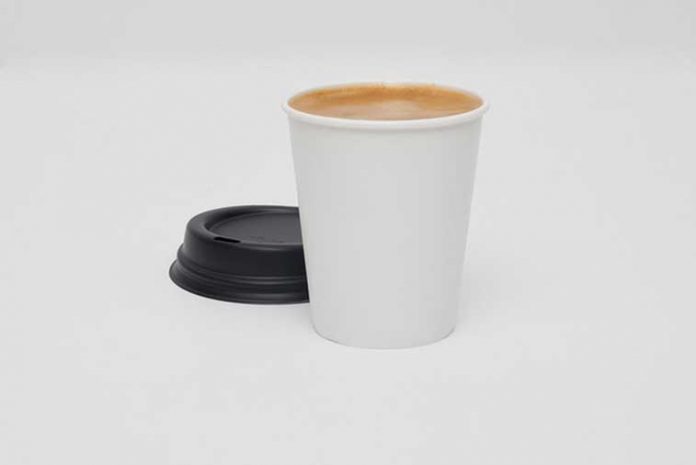If you are a coffee lover, your morning routine also begins with a steaming cup of coffee. If you’re anything like me, the whole day seems a little bit off without it, doesn’t it?
If you are home or at work, you are probably enjoying a wide variety of mugs to choose from. However, when you are on the move, you are probably going to end up at a coffee shop, where you will end up with a standard paper/carton cup.
But do you know, how many trees are cut down every year to create single-use disposable coffee cups?
The inventor Joshua Cronin from Sydney, Australia has taken a new revolutionary step. He invented a Tree-free Calcium paper Disposable Cups.
The global paper cups market reached a volume of 264 billion units in 2019. The consumption of paper cups is further projected to grow in the forecast period of 2019-2024 at a CAGR (compound annual growth rate) of 1.7% to attain about 292.56 billion units in 2025.
Unlike most paper items, paper cups can’t be recycled because they’re actually coated in plastic—as little as five percent per cup. That’s why they’re able to hold liquid without leaking all over the place. It’s also why they don’t get broken down into pulp and turned into recycled paper.
The solution!

Tree-Free Calcium Disposable Cups were designed to protect against a disastrous shift in our ecosystem. These cups are produced using no wood, trees or fresh water in its production process, unlike regular paper cups. This materials core ingredient is calcium carbonate.
In addition, calcium paper cups can be easily recycled. A customizable option is available with your logo for a coffee shop or a party. Tree-Free Calcium Cups are an easy way to replace traditional disposable cups and help our planet.
Moreover, the Calcium Paper Innovative cups can also be used for parties, be filled with beer or any drinks that are needed.
This product’s main focus is to drastically reduce deforestation that’s happening because of the production of coffee cups.
